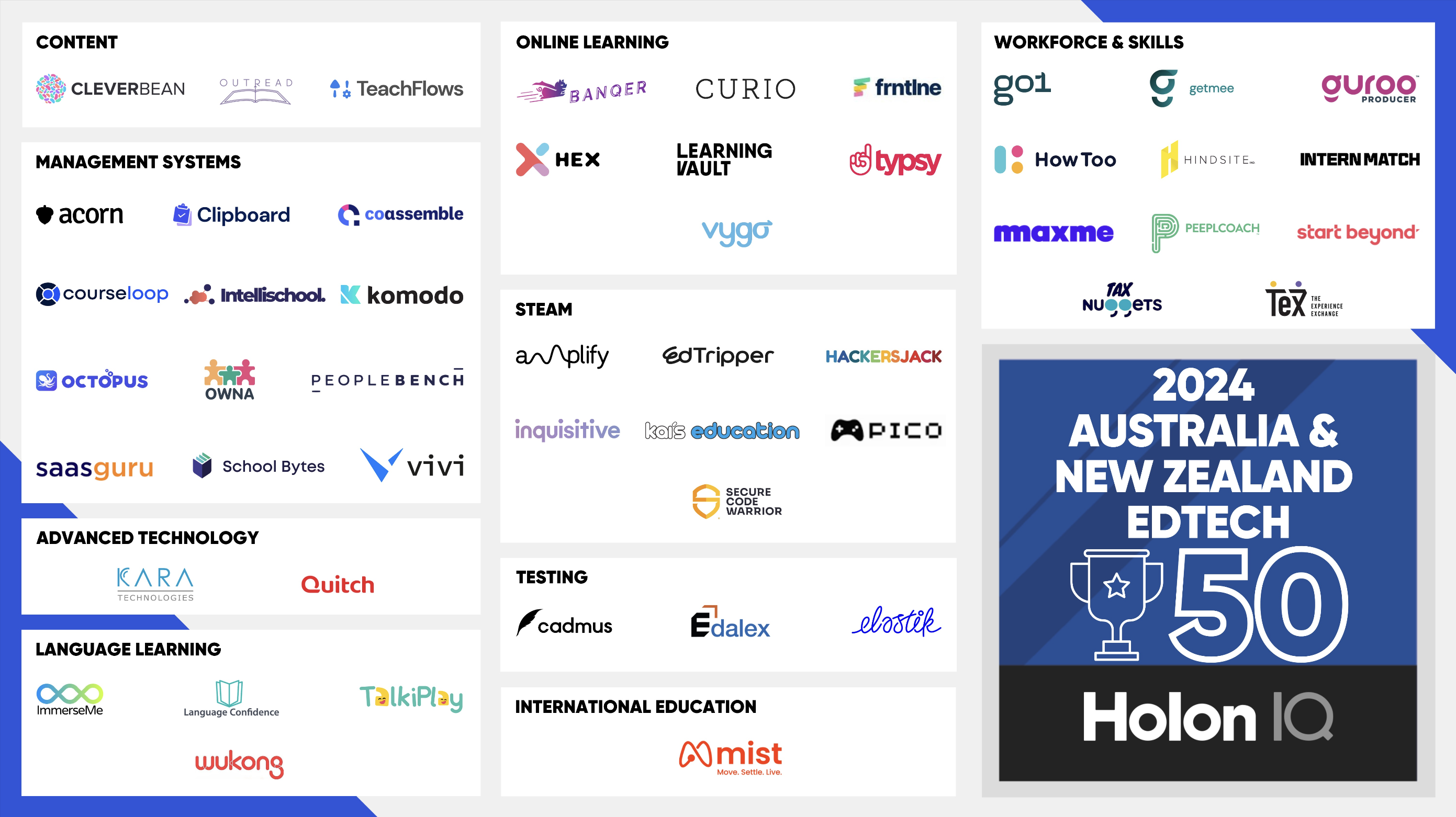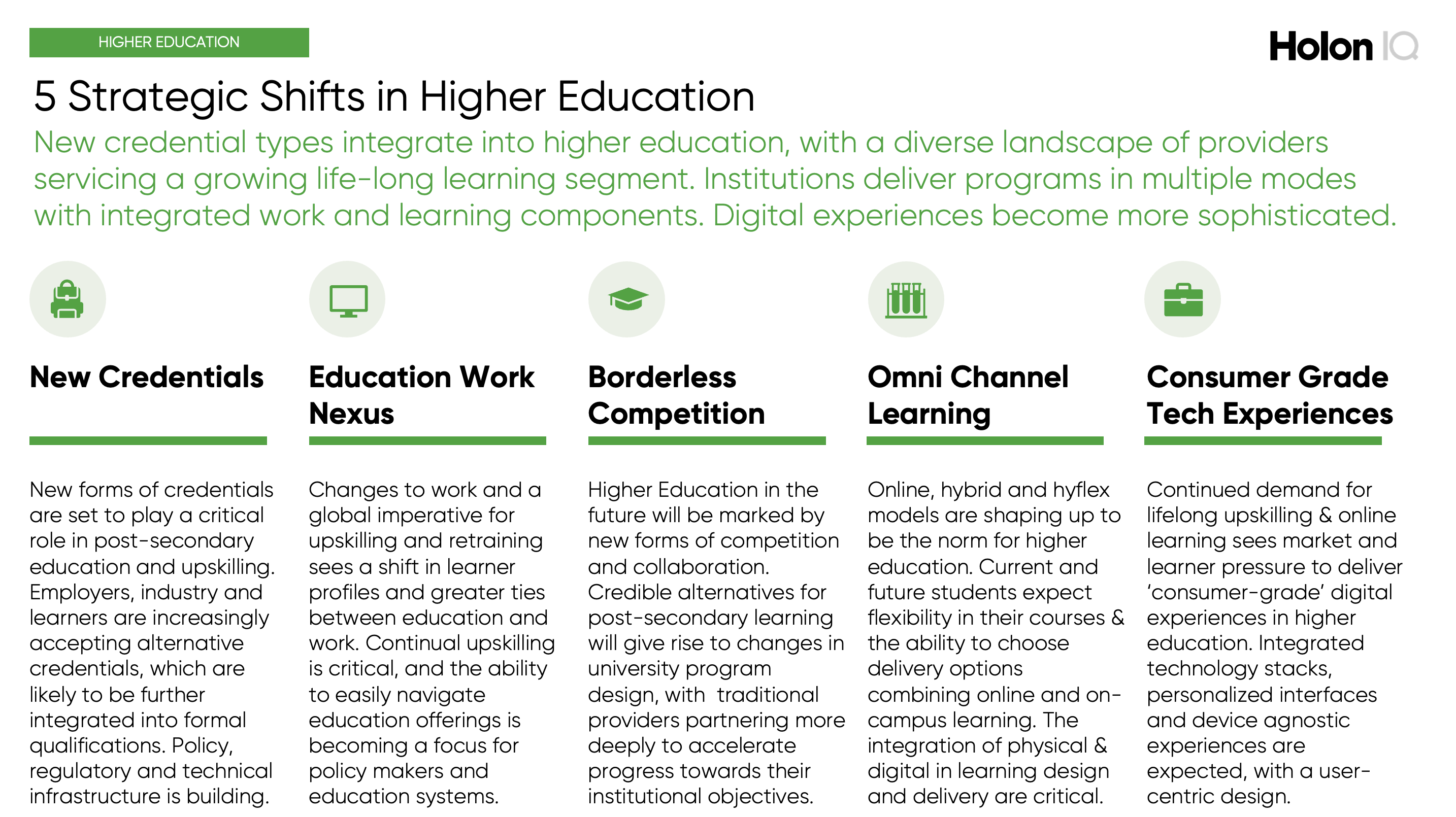There’s arguably never been a more challenging time to establish, fund and grow an EdTech startup. Don’t believe the hype or extrapolate survivorship bias; funding value (dollars) is down 90% from all-time highs and funding volume (count) is down more than 50% in almost all global markets.
Q1 has seen further decline in demand from pandemic peaks in ‘nice to have’ categories. Overall, EdTech startups are hiring below the rate of departures (shrinking) and global VC funding continues to fade driven by relatively high interest rates and cost of capital. The headwinds are obfuscated by a buoyant AI hype cycle, many old-school incumbents levelling back up and strong growth in analog trends such as international education, education finance, ‘brick and mortar’ schools and even K12 student transport.
Figure 1. Global EdTech VC Funding. 2010 - Q1 2024

Q1 2024 set a new global low for EdTech VC funding, the lowest it has been since 2014. In Q1 2014, Udemy and Duolingo were toddlers, and Coursera a baby. EdTech has come a long way since then but long-run trends are harder to interpret with some crazy data points through the pandemic still shaking out and the AI hype cycle creating a noisy landscape powering the next wave of ‘over-promise’ and ‘hard-to-deliver’ projects that won't enjoy the same runway you might have had starting out 5-10 years ago.
Q1 saw just above 100 VC transactions in EdTech, with a total value of around $580M. We’ve excluded 🇺🇸 Zum from our EdTech analysis (classified in Mobility in HolonIQ’s Climate Tech Taxonomy), a K12 student transport company that raised a $140M Series E in February and is principally a fleet of electric buses and a communications app. Zum is interesting nonetheless and underscores the top trends this quarter coming mostly from services to education such as transport, finance and accommodation.
International Education dominated Q1 VC trends with 🇮🇳 Avanse in India, an Education-focussed non-banking platform leading the pack and raising $120M, led by Abu Dhabi-based Mubadala. Founded in 2012, Avanse provides education financing solutions, mostly supporting Indian students’ studying abroad and in India, new ‘skill enhancement’ loans. 🇮🇳 Amber, an India-based global student housing solution raised $21M and Empowerly, a US based platform focused on college counselling and career guidance raised a $15M Series A.
AI will likely to stay out front for the rest of 2024 as the top talking point. In Q1, 🇺🇸 Quora (borderline EdTech, now more an adjacency) returned to the funding fray, raising $75M from Andreessen Horowitz (a16z), breaking a nearly seven year period since their last raise and now valued at $500 million, down from $1.8B in 2017. Quora will use the funding to power the growth of Poe, Quora’s AI chat platform, expecting “the majority of the funding will be used to pay creators of bots on the platform through our recently-launched creator monetization program,” wrote Quora CEO Adam D’Angelo.
🇬🇧 Colossyan ,the UK-based AI video platform for workplace learning raised a $22M Series A to invest in ongoing development of the tool. Colossyan helps companies change the way they create training videos, by taking text inputs to create training videos in minutes and auto-translating the results to dozens of languages. Colossyan suggest that their customers regularly save up to 90% of their costs, while producing videos 80% faster.
Beyond AI, other notable investments this quarter include 🇺🇸 Upwards ($21M), a platform that matches parents with childcare providers, 🇮🇳 PlanetSpark and 🇰🇷 Elice raising $17M and $15M respectively to provide learning support in STEAM.







.png)











